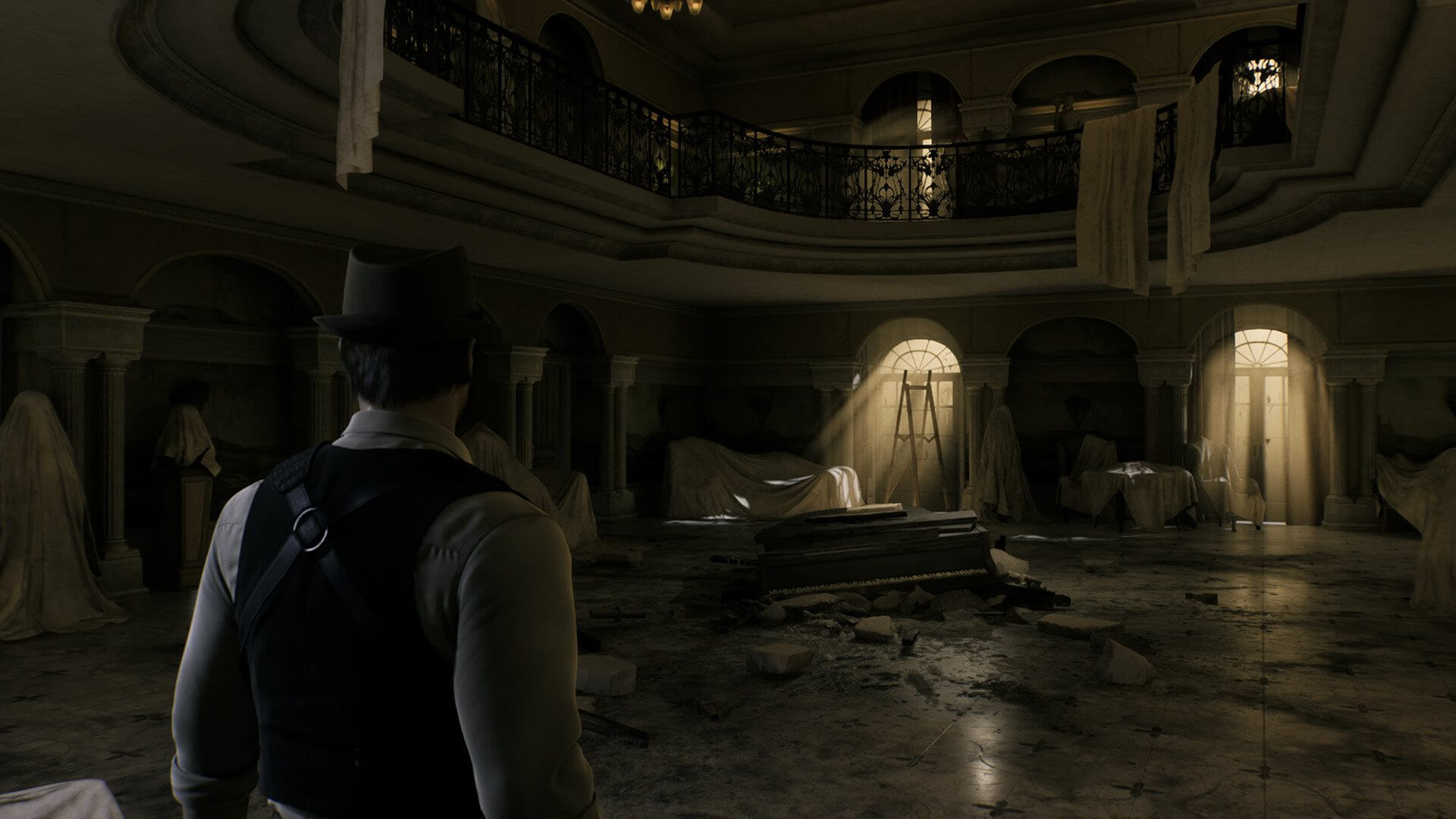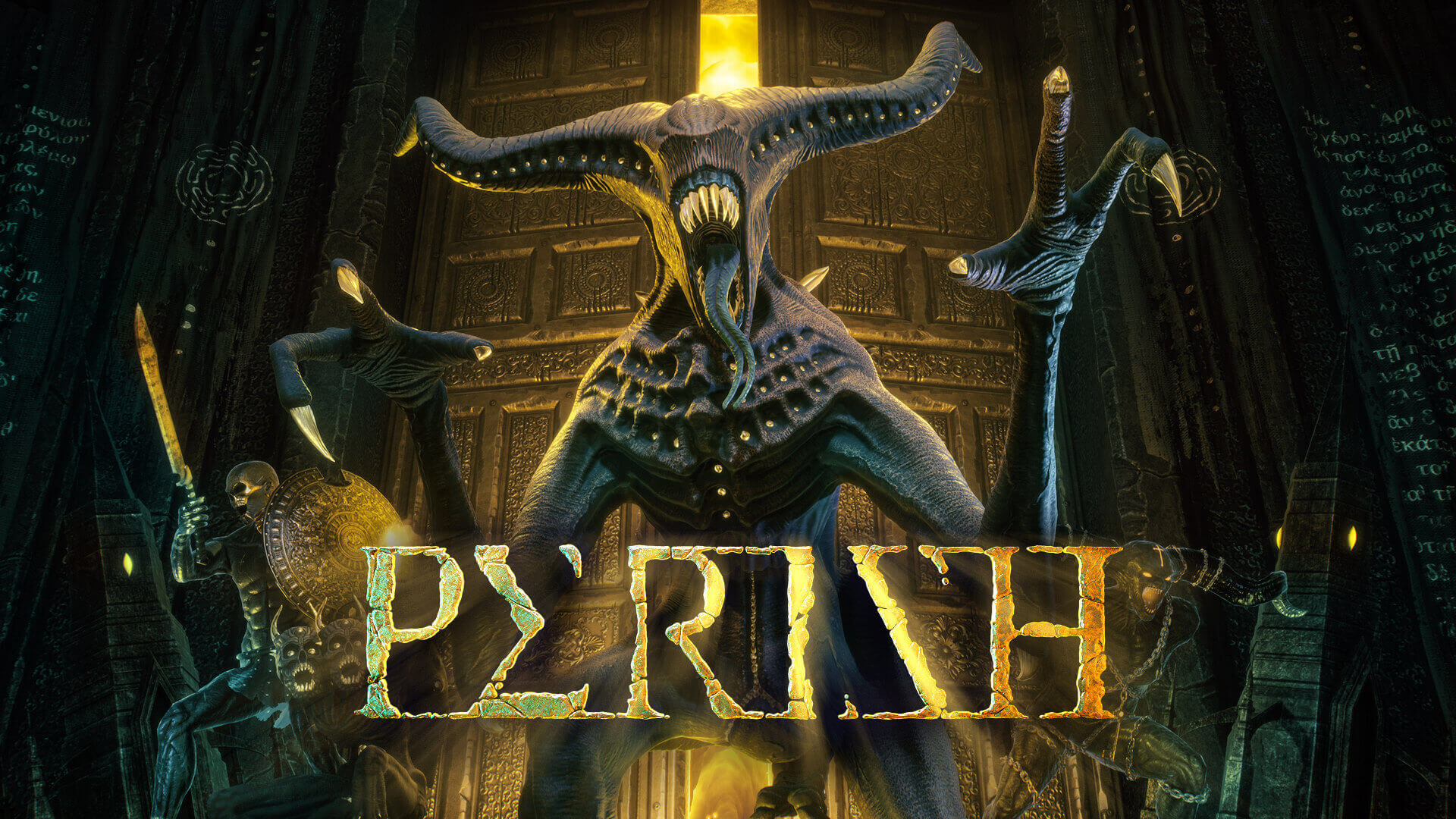Kingdoms of Amalur: Re-Reckoning Review – Re-turn To A Fun Forgotten Game
Recently 38 Studios and THQ ported an unexpected game from the previous-gen to the current. Kingdoms of Amalur: Re-Reckoning is a remaster of the original Kingdoms of Amalur game. It came out in 2012 on the PS3 and Xbox 360 to a fairly lukewarm reception and even luker-warm sales. Ultimately resulting in the closing of 38 Studios, this re-release is a second chance at life. While it may be from an era of game design that now seems almost antiquated, it’s still an enjoyable, albeit unusual, gaming experience.

It’s an ordeal to describe what Kingdoms of Amalur actually is. There’s a lot of lore to unpack here, so bear with me. First and foremost, the game’s mythology revolves around the concept of Fate. In this universe, Fate is the linear string of events in which all of existence is pre-planned, kind of like the Elder Scrolls from The Elder Scrolls. Gifted magicians known as Fateweavers may see this path towards the future, but are powerless to alter it. But your character, reborn some kind of magical abomination, is seemingly unbound by this fate.
What I like most about Kingdoms of Amalur: Reckoning is how mind-shattering the player’s Fateless presence is. This manifests in a couple of ways. The main one being that when you defy Fate, everyone is absolutely dumbfounded. It reminded me of that terrible Ricky Gervais movie, The Invention of Lying. It would be like waking up one morning to realize your dog spoke perfect French. Not all too important as far as the review goes, but still something worth mentioning.

So here’s how Fate connects to the plot. The kingdoms in Amalur that Kingdoms of Amalur is about are in a place called the Faelands, home to a race of elf-like people called the Fae. Fae are immortal, in the sense that after death they are reborn again due to Fate. Or something. Don’t think too hard about it. Normally a peaceful people, one Fae named Tuatha Deohn has taken to conquest of all people, and due to the set-in-stone course of events in Fate, it’s all but impossible for Deohn to fail. But now a character—your character—is capable of changing that fate.
Unfortunately, the plot in Kingdoms of Amalur: Re-Reckoning is among the lesser engaging parts of the game. Not just the overarching plot, but the sidequests and faction quests too. Those familiar with the Kingdoms of Amalur lore will know that the game was originally intended to be a MMORPG. Obviously, that was not included. But the MMO quests remain, many of which are the typical “kill two bears” or “find my ancestral family ring I dropped in this cave wow thanks actually you can keep it.

Ultimately, it’s just some context to give you a reason to be in this exceedingly whimsical fantasy world. It truly is remarkable how bright and colorful the first few areas of the game are. Eventually you reach some less bright places, like a swamp or cave, but Kingdoms of Amalur almost never delves into the dark and grey aesthetic of its contemporaries. In that regard, it sets itself apart.
On the flip side, however, the content in Kingdoms of Amalur: Re-Reckoning is exceedingly violent. Not just that the people of these kingdoms must live with hordes of monsters right outside their town, but the protagonist themself seems out of place. You can occasionally perform a finishing move, where you summon an aetherial weapon to kill the enemy. Some of these moves are so extreme they would make Ed Boone blush. These executions range from twisting a person’s head off with massive gauntlets to impaling their body on a pike. Doubly so does the brutality stand out in the backdrop of a forest from Avatar.

The gameplay for Kingdoms of Amalur: Re-Reckoning is by far the most fun and engaging aspect. It’s heavy, feels good, and has a lot of possibilities for different builds. You can equip two different weapons at once, and change between them with relative ease during combat. The enemies are varied, though the bosses are often regular mobs reused and every wizard character has the same 3 spells.
There are three skill trees of which you can build your character. The first is Finesse, which is a typical rogue fighter style. Bows, daggers, poisons, stuff like that. Next we have Might, which as you can imagine, is a very tanky character. Greatswords and hammers are where this character exceeds. And finally, sorcery, which as you can imagine is a lot of magic stuff. But the great part of Kingdoms of Amalur: Re-Reckoning is not only that you can build using any of the trees simultaneously, but also that you can respec your character at any time.

I played the first half of Kingdoms of Amalur: Re-Reckoning as a Might based character with the Chakrams from the Sorcery tree as a ranged weapon. Somewhere along the line I switched it up with a Finesse + Sorcery build, and even took a fun skill from Might that came in handy. There are a ton of cool abilities in each tree, limited only by the unfortunately small amount of buttons to which you can bind (only four for some reason).
And should I take a skill I didn’t need, I could pay a fateweaver to let me try building the character again. This adds for all kinds of experimentation, removing the stress of accidentally wasting a skill point. This allows the player tremendous freedom in testing which skills they find most enjoyable. And in turn, the gameplay itself is a lot more enjoyable.

Really, the biggest draw for Kingdoms of Amalur: Re-Reckoning is the comfortable gameplay. It’s a bit like Dragons Dogma mixed with World of Warcraft. Turn your brain on low power mode at the end of the day and play. It’s good clean fun. And with more mechanics and skills than I have time to discuss, and with all DLCs included, there are dozens of hours of content in this package. I won’t say that Kingdoms of Amalur is the best of its genre, but at the end of the day, you could do a lot worse when it comes to fantasy adventure games.




